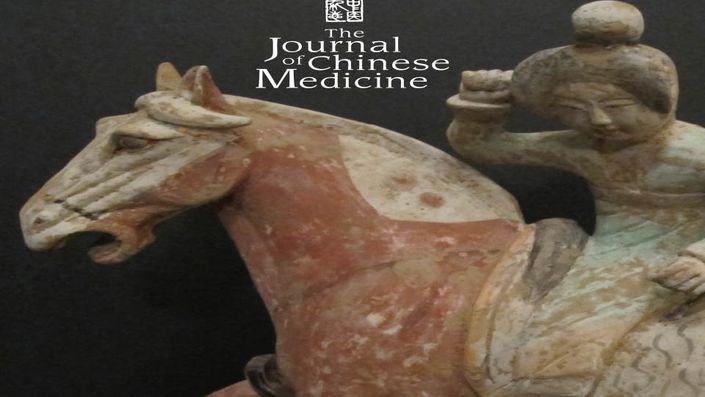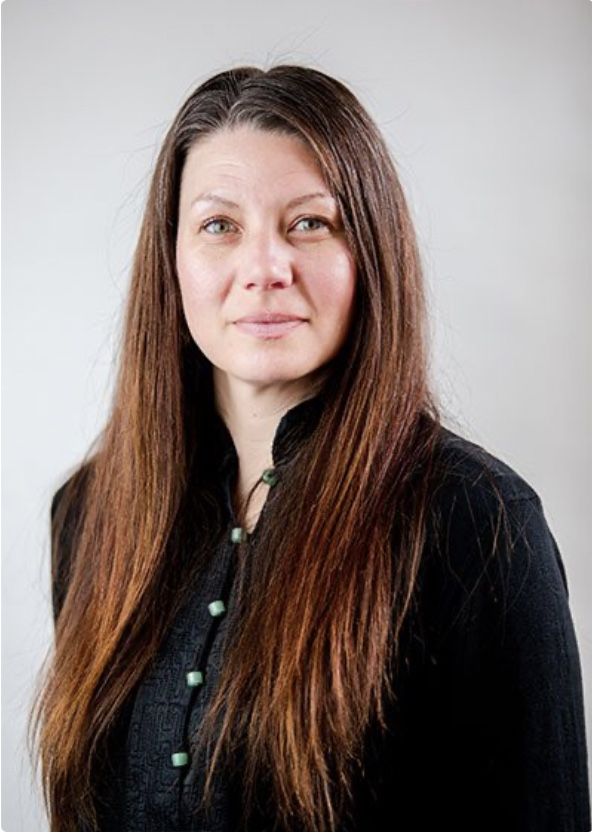
The First Materia Medica; The Shen Nong Ben Cao Jing Article
Published in the Journal of Chinese Medicine February 2014
The oldest surviving Chinese materia medica, the Shen Nong Ben Cao Jing (Divine Farmer’s Classic of Materia Medica), categorised 365 herbs according to three categories: 120 ‘upper’ ( shang) herbs, 120 ‘middle’ (zhong) herbs; and 125 ‘lower’ ( xia) herbs. This article discusses the clinical implications of this tripartite organisation, which goes far beyond being a mere indicator of the level of toxicity of the herbs documented. It also includes a discussion of the Shen Nong Ben Cao Jing’s categories of jun, chen, zuo or shi (chief, assistant, envoy and messenger), the meaning of which differs significantly from the typical current interpretation of these terms.
Your Instructor

JulieAnn Nugent-Head's journey into alternative medicine began in 1996, when she witnessed a successful treatment of pediatric pneumonia using a ginger and cinnamon-based herbal formula. This experience revealed the medicinal potential of everyday culinary ingredients and ignited her passion to understand the development of illness and how practitioners can influence its course.
After earning a master’s degree in Chinese medicine and completing hospital internships in Beijing in 2003 and 2004, JulieAnn made the bold decision to move to China full-time. She immersed herself in the language, medicine, and the rich cultural landscape of Asia.
During her eight-and-a-half years in China, JulieAnn completed a doctorate level medical degree, and had the privilege of studying under renowned octogenarian doctors Li Hongxiang and Chen Tongyun in Beijing. As part of the Association for Traditional Studies’ effort to preserve the knowledge of the last generation of traditional practitioners who were born and in practice prior to 1949, she and her husband, Andrew, documented the doctors’ clinical practices and thought-provoking discussions on film—an invaluable archive that would have otherwise been lost with their passing.
Through formal lectures and informal conversations in the doctors' homes, JulieAnn gained deep insight into the philosophical underpinnings of Asian culture, which connect all aspects of life, including food, agriculture, health, wellness, art, architecture, and movement.
After the passing of their teachers, JulieAnn and Andrew returned to the United States in 2014 to share traditionally practiced Chinese medicine with Western practitioners. They offer short term and in depth clinical residency programs at the Alternative Clinic in Asheville, North Carolina, as well as high-quality continuing education courses online through TraditionalStudies.org.
